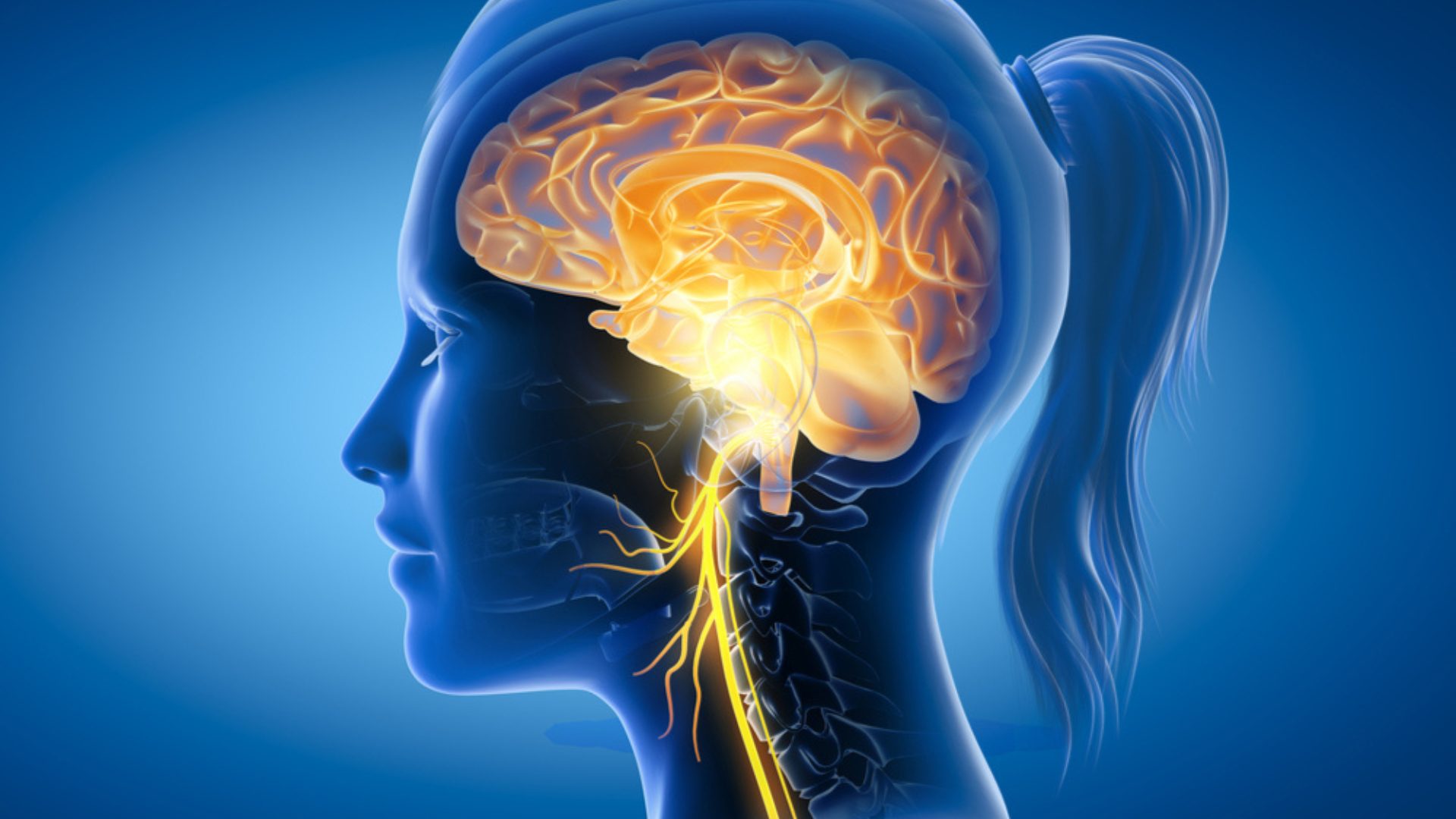The human body is a complex marvel of interconnected systems that work tirelessly to maintain balance and homeostasis. At the core of this intricate web lies the vagus nerve, one of the most important and extensive nerves in the body. Named after the Latin word for “wandering,” the vagus nerve lives up to its name as it wanders through numerous organs and tissues, orchestrating a symphony of physiological processes crucial for our well-being. In this article, we will delve into the wonders of the vagus nerve, its functions, and the profound impact it has on our physical and mental health.
Anatomy and Function
Originating from the brainstem, the vagus nerve travels down both sides of the neck, branching out to several major organs in the chest and abdomen, including the heart, lungs, liver, and intestines. This extensive reach establishes the vagus nerve as a critical component of the autonomic nervous system (ANS), which governs involuntary processes such as heart rate, digestion, and respiratory rate.
The Autonomic Nervous System
The ANS comprises two main branches: the sympathetic nervous system and the parasympathetic nervous system. The sympathetic system is responsible for the body’s “fight or flight” response, preparing us for emergencies by increasing heart rate, dilating pupils, and redirecting blood flow to essential organs. On the other hand, the parasympathetic system is often referred to as the “rest and digest” mode, promoting relaxation and restoration by slowing the heart rate, slowing the breath and facilitating digestion. The vagus nerve is the chief conductor of the parasympathetic system, effectively countering the effects of the sympathetic system and maintaining equilibrium within the body.
The Gut-Brain Connection
Beyond its role in regulating the autonomic nervous system, the vagus nerve has a profound impact on the communication between the gut and the brain. This connection, known as the gut-brain axis, is a bidirectional pathway through which the brain and gastrointestinal system exchange information. The vagus nerve serves as the primary conduit for these signals, allowing the brain to influence gut function and vice versa.
This connection is vital for many reasons, as it influences appetite, mood and even cognitive functions. The gut houses millions of nerve cells and is often referred to as the “second brain” due to its significant impact on mental health and well-being. Research has shown that a well-functioning vagus nerve can contribute to improved emotional resilience and reduced risk of mental health conditions, such as depression and anxiety.
Promoting Vagus Nerve Health
Maintaining a healthy vagus nerve is essential for overall well-being. The wonderful thing is that many of our yoga practices can positively affect our vagus nerve:
- Deep Breathing: Engaging in slow, deep breaths stimulates the vagus nerve and activates the parasympathetic nervous system, inducing a sense of calm and relaxation. Brahmari breathing and Ujjayi breathing are especially beneficial as they put pressure on the vagus nerve as it passes through the throat.
- Meditation and Mindfulness: Practices that cultivate mindfulness and present-moment awareness have been shown to enhance vagal tone and improve emotional regulation.
- Regular Exercise: Physical activity and especially yoga exercise have been linked to increased vagal tone, contributing to better heart health and overall well-being.
In conclusion, the vagus nerve is a remarkable and multifaceted nerve that plays a pivotal role in regulating numerous physiological processes in the body. From influencing the autonomic nervous system to bridging the gap between the gut and the brain, the vagus nerve’s impact on our physical and mental health is undeniable. Understanding and nurturing this “wandering” nerve can lead to a better appreciation of the intricate workings of our bodies and pave the way for a personal wellness regime.
By Vrndavan Dasi
Founder and Principal of Veda Yoga Teacher Training
